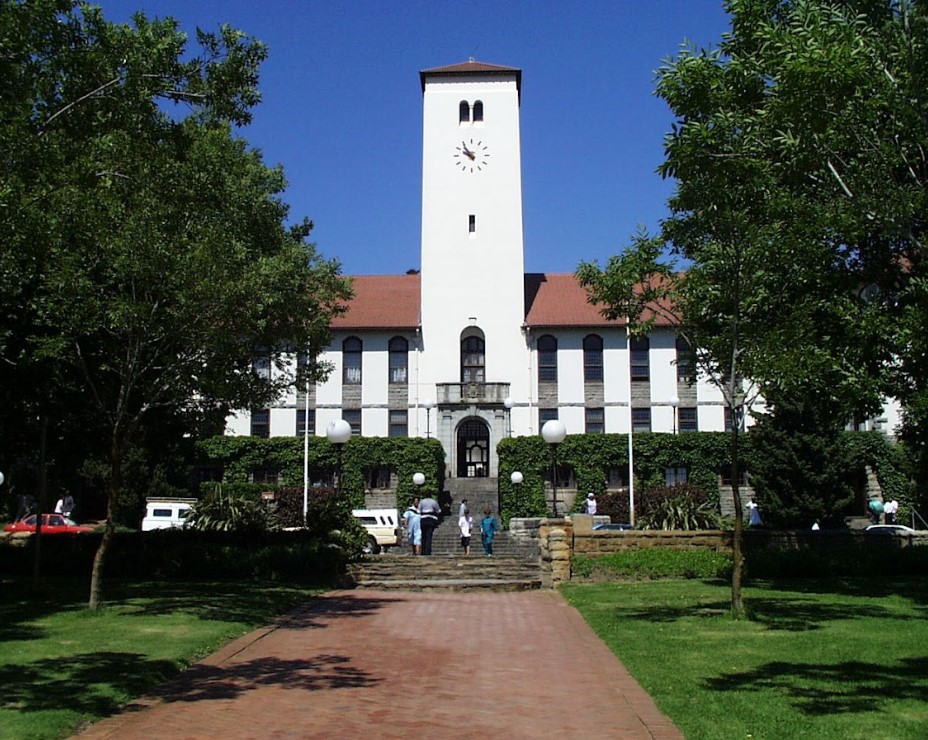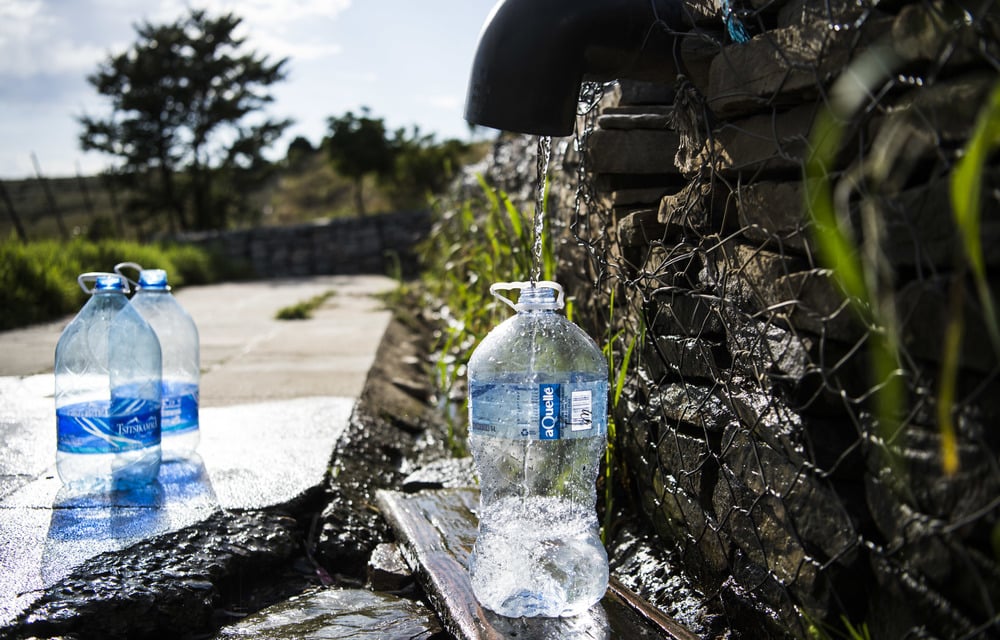By Amahle Cele, Nothando Yolanda Tshuma and Luvuyo Mjekula
Rhodes University this week called on the Makana Municipality to restore the higher education institution’s complete and immediate reliable water supply, to its entire campus, warning against the compromise of human rights.
“Water, sanitation and hygiene are crucial to the health and well-being of our students, staff and visitors. Rhodes University will not allow the human rights of our stakeholders to be compromised without consequences,” the Communication and Advancement Division said in a statement on Monday.

Having suspended its academic programme last week due to severe water shortages, the university resumed classes on Monday morning,
“Monday, 2 September 2024, is a normal working and academic day for the university. Our water tankers and other emergency services will continue to operate to augment the water supply until full recovery,” the university said.
“We are taking stock of the situation at all students’ residences, halls, and buildings on campus to determine the next steps that may be required to ensure a consistent and reliable water supply.”
Students also voiced their concerns. “It’s impossible to focus on our studies and perform our daily duties when we’re constantly worried about water,” said a third-year student who asked to be anonymous. “We can’t shower, we can’t wash our clothes, and we are expected to be attending classes.”
The institution had noted the Makana Municipality’s water supply updates on its social media platforms since Friday’s march, suggesting a resumption of water supply to parts of campus and Makhanda.
In its update on Friday last week, the municipality apologised to the Makhanda public.
“The several days of outages and backlog has distabilised the water supply system. Even though reservoirs have been 70 to 90% full this (Friday) morning, it took only three hours to hit the floor,” the municipality said.
The troubled municipality went on to ask residents and businesses “to consider not to fill their tanks to full capacity but gradually in order to allow water to reach as many areas until the system reach a certain level of stability”.
“Residents and businesses all over are filling their tanks and recharging their on-site systems including Rhodes University. We have now closed some reservoirs to replenish them and build up pressures. It’s a very difficult situation. If residents and businesses may assist in our request, we trust the system can stabilise soon. About 98% of Rhodes University’s system is now recharged and receiving water.”
The Rhodes’ community marched to City Hall on Friday, calling for the end to the water crisis.
Residents representing the Unemployed Peoples Movement (UPM) and Makana Citizens Front (MCF), also marched to the City Hall last week demanding, among other things, that the municipality resolves its water and electricity challenges so that residents can get better services. The group gave the municipality 14 days to respond.
Meanwhile, despite suggestions that the dire water situation in Makhanda had stabilised somewhat in certain areas, many residents reported continued water outages throughout the day on Monday.
Here are some residents’ complaints on social media groups.
“No water in upper Caldecott Street past Kingswood Mews,” posted one resident this morning.
Another resident wrote: “CBD upper High Street no water since the 23rd of August, we are close to Rhodes University – 137 Highstreet Guesthouse.”
Read another comment: “No water in Donkin Street – dare I say it: As usual.”
“We still do not have municipal water,” reported a Ward 8 resident.
The Makhanda water crisis escalated on 23 August when municipal workers went on a strike, protesting against unpaid overtime wages. The already precarious water situation, which has plagued the town for years, was further aggravated as vital maintenance and repairs to the water infrastructure were brought to a halt, leaving residents without a stable water supply.
Pumelelo Kade, the municipal manager, acknowledged the workers’ demands and stressed that the municipality was taking steps to improve revenue collection so that overtime wages can be paid. Kate emphasized that once the wage issue is resolved, municipal workers will return to their duties, ensuring that vital maintenance and repairs to the water infrastructure can resume, thereby alleviating the water crisis.
During a Community Policing Forum (CPF) meeting on 29 August at Graham hotel, a question was raised from the audience directed to Grahamstown Police station commander, Colonel Mbulelo Pika, about the water crisis and the role of law enforcement after allegations of intimidation of municipal workers were made and confirmed by Kate.
The resident asked: “We were told that people are attacked or death threats are made against the people who want to open the valves. In other words, these are people who wanted to do their jobs to serve the community of Makhanda and yet there are criminal elements that are threatening the lives of such people. What are the police doing about this?”
In response, Pika said the municipality needs to lay a criminal complaint with the police for the matter to be investigated. “If that complained is opened, I will make sure that the valves are opened and that there is water. Unless the municipality goes to the police, there is nothing that can be done by the police,” said Pika.
Residents on the Eastern side of Makhanda are also feeling the impact of the water outages. “We can’t live like this,” said a Joza resident. “Our children are getting sick, and we can’t even cook or clean properly without water. Something needs to be done, and fast.”
Residents, business owners, old-age homes, insitutions such as the local courts, institutions of learning, and students, have all felt the impact of this crisis, and many others are still hoping for some kind of respite.
There had been no update from the municipality on the water situation on Monday,


